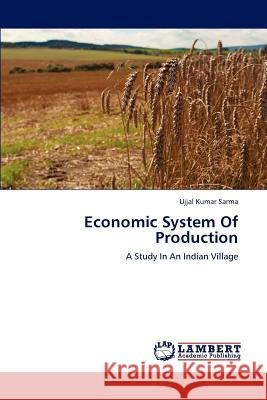Economic System Of Production » książka
Economic System Of Production
ISBN-13: 9783659151057 / Angielski / Miękka / 2012 / 156 str.
Production refers to the process by which human beings transform, through their work, natural resources into some goods, which is consumable or capable of being used to satisfy their need or want. Production is primarily made up of two components- the force of production and the social relations of production. The manner in which agricultural production takes place is a complex interplay of a number of factors like season for sowing, selection of crop, preparation of the field, harvesting, division of labour etc. There is also a local perception about land in terms of its utility- economic as well as social, varying across endogamous groups (jatis). While most villages are primarily dependent on subsistence agricultural production in India, all families do not practice agriculture directly. This leads to the aspect of interdependence within the economic system, such as the jajmani system which is often regulated by the dominant caste in a village. The traditional form has been largely been supplanted, however, it is yet to disappear completely. The family in most cases is the unit of production as well as consumption. Working hands often comes from within the family.











